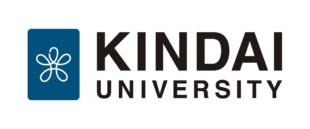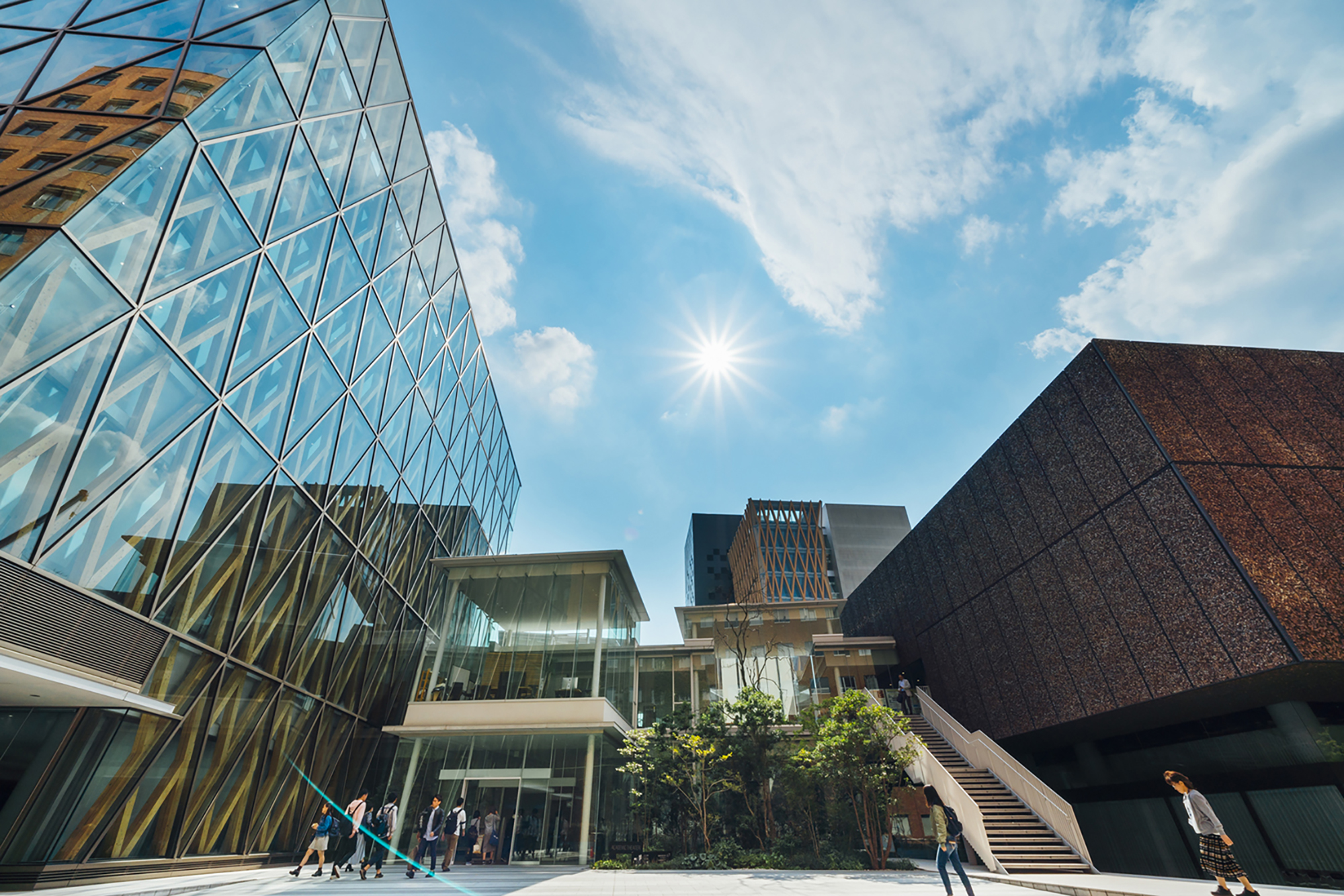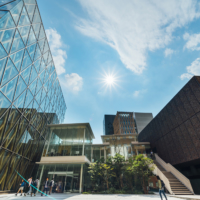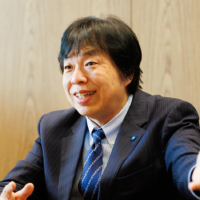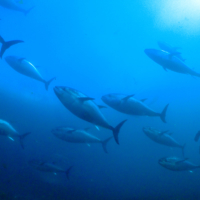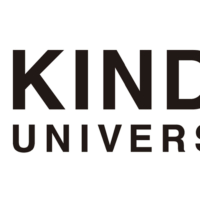Kindai University in Higashiosaka, a city known for high technology and manufacturing, offers 49 departments in 15 faculties that are full of ideas and tools to enable its students to be creative in their own field as well as across multiple disciplines.
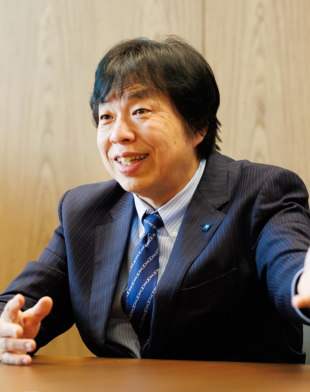
President Itaru Matsumura, appointed in April, said: “The university will be celebrating its 100th anniversary next year, and my mission is to get a strong start for its next century. We aim to enhance our university’s recognition and evaluation from a global perspective based on international standards.”
As one of its educational principles states, Kindai is committed to providing “learning for the real world” and helps students become caring, trustworthy and respectable people who contribute to society.
An ongoing reconstruction project of some of the buildings on the 471,530-square-meter campus embodies this principle. Planned in commemoration of the university’s 100th anniversary, the entire project will be completed soon. One of the most iconic facilities that has already been completed is the Academic Theater, comprising six futuristic glass-walled buildings that house a library, cafe, study room and other spaces. One of them, a facility called The Garage, is used not only by students, faculty and staff members, but also companies — mostly local ones headquartered in Osaka that have signed up as members — are able to use its various machines and tools such as 3D printers and laser cutters.
Since its opening in 2021, more than 80 companies have signed up, generating positive interactions with students. “There are various ways and fields in which students and companies can collaborate. For example, a research group at the Faculty of Science and Engineering developed a tiny, palm-size satellite with a company in Osaka that was successfully launched by the Japan Aerospace Exploration Agency. An experiment on automated delivery (by self-driving robots) was conducted jointly by a startup in Miyazaki Prefecture and one of the seminars at the Faculty of Business Administration,” Matsu-mura said. He also touched on a collaboration with three Higashiosaka companies and the Japan Blind Football Association to solve various challenges in blind soccer. “The first product that was developed through this project was a new side fence that is lighter and easier to carry and set up than the existing one,” he said.
The university also supports student entrepreneurs. A business incubation facility named Kincuba Basecamp was established in 2022 right outside the west gate of the university. It has co-working, meeting and event spaces where student startups and those who are preparing to start a business can meet and collaborate to accelerate their businesses. The building has facial recognition security and is available for use 24 hours a day.
The university set an initial target of helping to launch 100 companies by 2025. Since the establishment of the facility, entrepreneurship has accelerated and many companies have been founded, primarily by student members of the Kincuba Basecamp. As a result, 97 companies have been established to date. One of them develops and sells products using insect-derived ingredients. There is also a research-based startup that provides a cultivation system using TPX film. One of the entrepreneurs using Kincuba, Takaaki Yasumoto, who develops human resource training programs using artificial intelligence and provides consulting related to the use of artificial intelligence in the workforce, said he signed up to be a member of the facility as soon as it opened, and established his company a year ago. “It was a natural choice for me because my dream had been to become an entrepreneur since I saw Steve Jobs make a speech when I was in grade school,” he said.
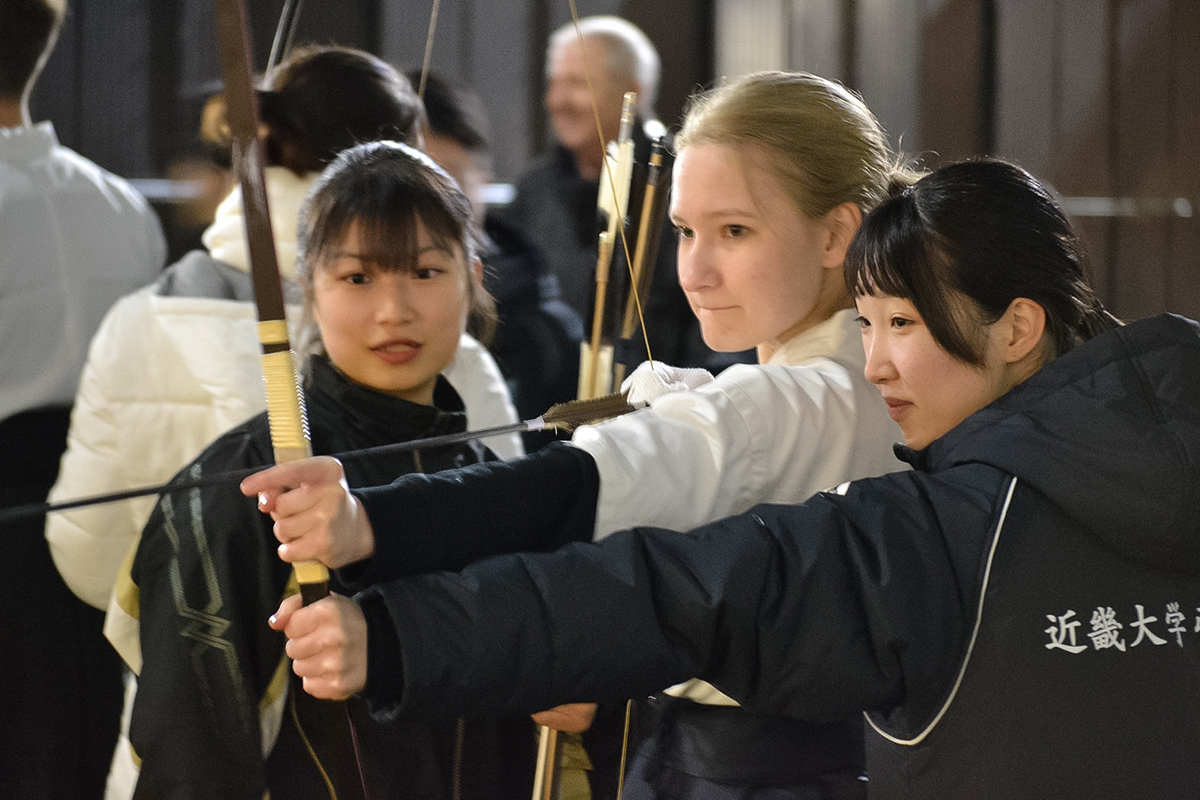
The university has also started to offer a master’s degree program in the new Transdisciplinary Graduate School of Social Innovation and Entrepreneurship, established in April 2023. The program is open to students with an undergraduate degree in any field. Many other research projects and collaborations at Kindai have contributed to society. The university has been especially known in recent years for its achievements in aquaculture research, but actually has a long history in that area. “In the postwar era of food shortages and new restrictions on land and sea territory, Koichi Seko, the founder of our university, advocated that we should not just take from the sea, but cultivate it. Based on this idea, an aquaculture research center was established in 1948, the predecessor of the Aquaculture Research Institute and the Aquaculture Technology and Production Center. The research center developed a net cage farming system to increase efficiency over the conventional method of aquaculture in larger preserves. That made us a world pioneer in aquaculture,” Matsumura said.
He pointed out that one challenge that today’s fishing industry faces is the difficulty of maintaining a stable supply due to the depletion of marine resources. As one solution to the problem, Kindai has been engaging in the complete farming of various kinds of fish. “Complete” means establishing the full cycle of taking eggs from farm-raised fish, raising the offspring and taking their eggs when they grow and spawn. Some successful examples of complete aquaculture are bluefin tuna in 2002 and Japanese eels in 2023. “To overcome the low survival rate of artificially produced hatchlings, we have been using a compound feed that we have developed since 2018, which enhanced growth and survivability. We also conduct selective breeding of strong and fast-growing specimens of some kinds of fish,” Matsumura explained.
Another project that the research institute has been carrying out is creating new kinds of fish by crossbreeding different varieties to combine the best traits of each variety. It has produced many kinds of new fish, including crosses between Japanese parrotfish and spotted parrotfish, longtooth grouper and giant grouper, and yellowtail and yellowtail amberjack. “We want to make these achievements better known to the world,” Matsumura said. To do that, the research institute runs three restaurants, one in Osaka and the other two in Tokyo, that serve fish grown by the institute. Students are involved in making the menu and tableware.
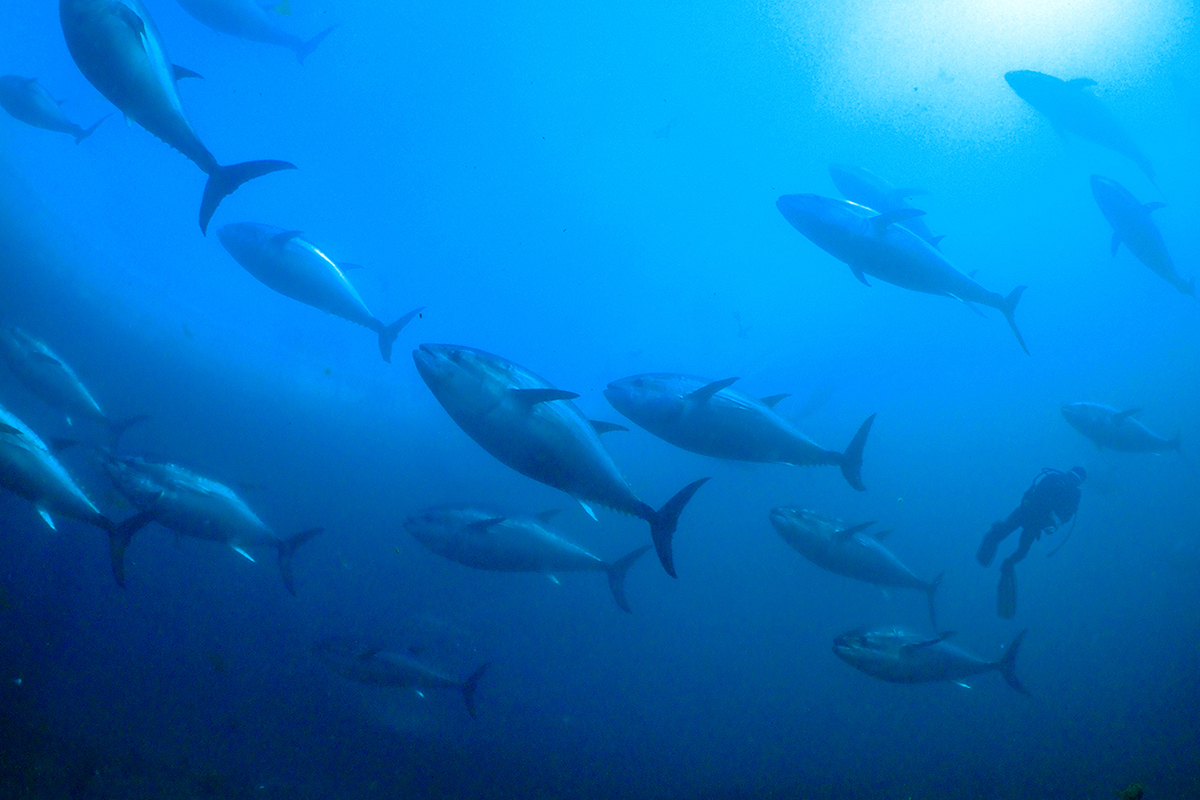
“In the world exposition held in Osaka in 1970, the fish that were swimming in the aquarium of the Kikkoman Aqua Restaurant were fish farmed by Kindai. Thanks to the opportunity to present the future of aquaculture, the domestic consumption of red sea bream started to increase drastically after that,” Matsumura said, expressing his hope that the coming Expo 2025 in Osaka will serve as a gateway for the university to disseminate its name to the world.
Kindai is also known for its medical achievements, especially in both basic and clinical areas of various cancers. It has a university hospital, and its Faculty of Medicine is going to move to a brand-new facility in 2025. “In a global ranking by Clarivate Analytics, Kindai ranked first in the category of clinical medicine among all private universities in Japan. Two of our professors have been selected as highly cited researchers (HCR) by the same company for three and five years consecutively, becoming the only researchers in Japan’s university medical departments and hospitals chosen in the category of clinical medicine. There are about 6,800 HCRs worldwide, and about 90 of them belong to Japanese institutions,” Matsumura said.
“Our number of clinical trials ranks at the top among all the hospitals in the Kansai region. In combination with the genomic medicine we are strong at, we will continue to provide medical treatments that other general hospitals are not able to offer,” Matsumura said. He added that the hospital and the faculty are creating an environment where everyone can cooperate with each other beyond the boundaries of disciplines.
Across the diverse faculties and programs offered, the university is aiming to accept more students from abroad. “We have scholarships, career support and a system in which Japanese students help students from foreign countries with their life in Japan,” Matsumura said, expressing hope that more students will come to Kindai, which boasts the greatest number of university applicants in Japan for 11 years in a row.
This page is sponsored by Kindai University
Kindai University
3-4-1 Kowakae, Higashiosaka City, Osaka 577-8502, Japan
https://www.kindai.ac.jp/english/
[email protected]
